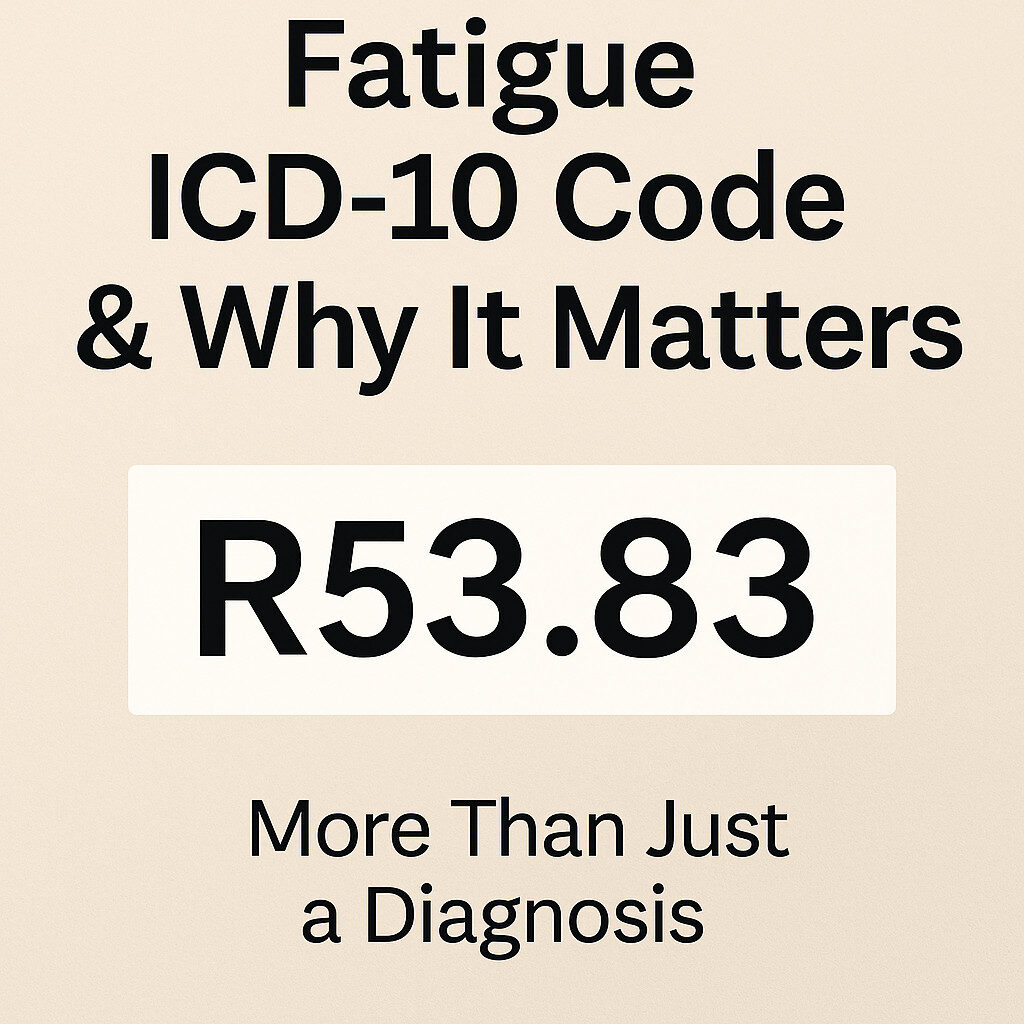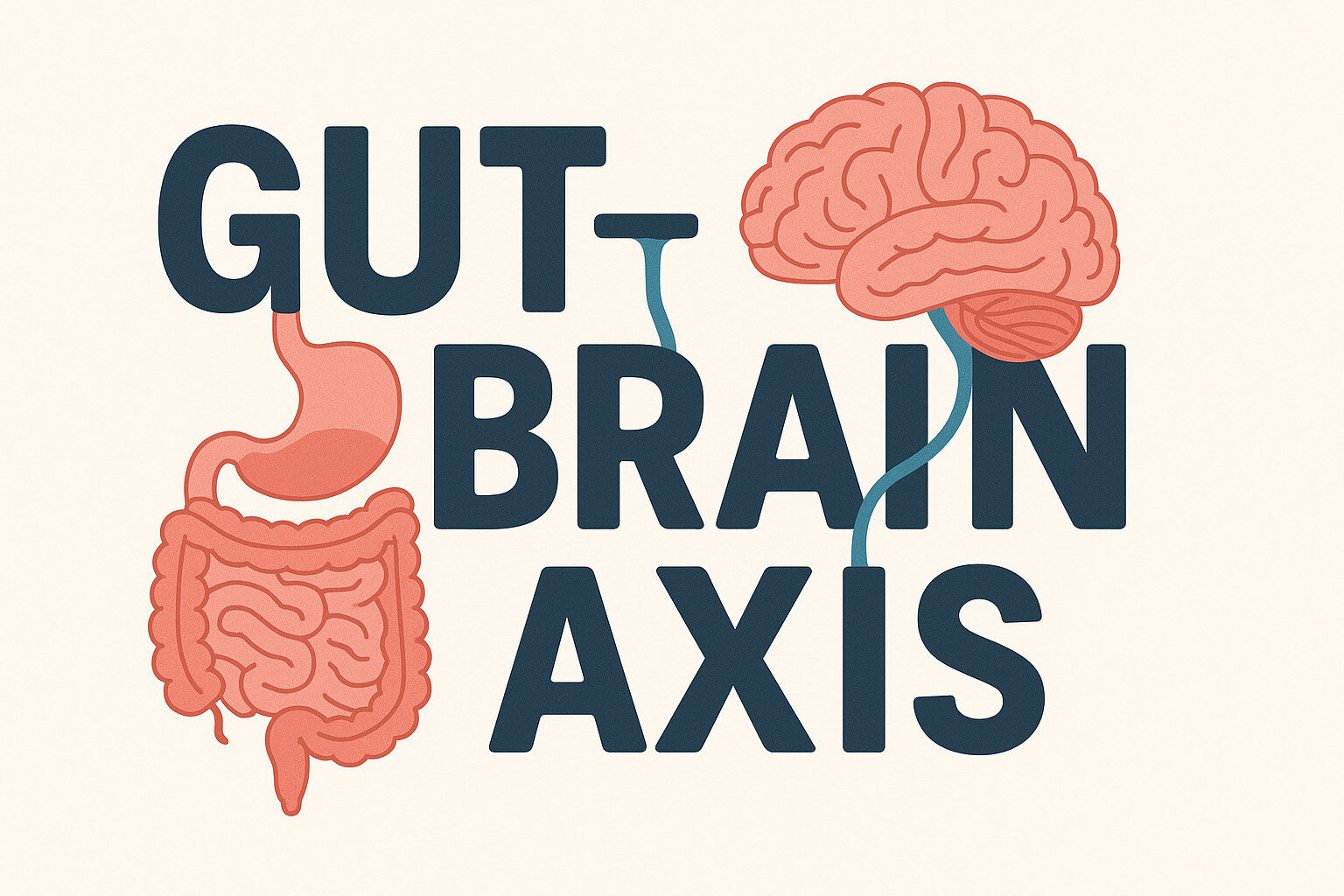An interesting question that people commonly ask about food and nutrition: Is there that much difference between foods grown 30 years ago and foods grown today?
The answer is YES.
Decades ago, conventionally grown fruits and vegetables were much richer in vitamins and minerals than the varieties most of us are consuming in the 21stCentury. The root of the problem is soil depletion, a result of the invasive agricultural processes used on conventional farms. Over the past half century, there are reliable declines in the amount of protein, calcium, phosphorus, iron, vitamin C, and the B vitamins found in produce. But that’s not all that is being depleted in fruit and vegetable crops.
What else is being depleted? Phytonutrients.
Phytonutrients are special plant chemicals that give fruits and veggies their color and are essential to keeping a plant healthy. They protect the plant from invasive pests, exposure to UV radiation, and support growth and maintenance from roots to leaves. Not only are phytonutrients important for plants, they are extremely beneficial to human health.
Phytonutrients have antioxidant and anti-inflammatory properties that help maintain healthy cells in the body. They enhance immunity and intercellular communication, repair cellular damage, help build bones, and support the body’s innate detoxification processes. Additionally, phytonutrients play a role in the health of the major physiological systems. Consuming a diet rich in phytonutrients is regarded by researchers and health practitioners as an effective strategy for reducing risk for cancer, heart disease, and other chronic diseases.
Different types of fruits and vegetables can contain a variety of the more than 900 known phytonutrients. These include flavonoids, carotenoids, lignans, phytosterols, resveratrol, isoflavones, to name a few. Cooking time affects phytonutrient content. Where possible, eat raw produce or use minimal cooking times such as sautéing or steaming, or add veggies and fruits in the final few minutes of other cooking methods.
The bottom line given that phytonutrients are so important for health and that the levels are dropping in foods: eat more veggies and fruits! Be sure and work with your doctor or myself ( Dr. Wendy Wells ) to create an individual plan for you and your family that takes into account nutritional needs, food intolerances and your health plan.
Resources
Davis, D. R. et al., “Changes in USDA Food Composition Data for 43 Garden Crops, 1950 to 1999.” (2004) Jl American College of Nutrition, 23(6) 669–682. Accessed 13 Feb 2020: http://saveoursoils.com/userfiles/downloads/1351255687-Changes%20in%20USDA%20food%20composition%20data%20for%2043%20garden%20crops,%201950-1999.pdf
Scheer, R. & Moss, D. “EarthTalk: Dirt Poor: Have Fruits and Vegetables Become Less Nutritious?” Scientific American Online, (posted 27 April 2011). Accessed 13 Feb 2020″ https://www.scientificamerican.com/article/soil-depletion-and-nutrition-loss/
UCDavis.edu “Nutrition and Health Info Fact Sheet: Phytonutrients” Accessed 13 Feb 2020: https://anrcatalog.ucanr.edu/pdf/8313.pdf
Cao, J. “Phytonutrients are good for bone health.” USDA Agricultural Research Service. Accessed 12 Feb 2020: https://www.ars.usda.gov/plains-area/gfnd/gfhnrc/docs/news-2011/phytonutrients-are-good-for-bone-health
Linus Pauling Micronutrient Information Center. “Phytochemicals.” Accessed 13 Feb 2020: https://lpi.oregonstate.edu/mic/dietary-factors/phytochemicals
Thomasset, S. C. , Berry, D.P. et al. “Dietary polyphenolic phytochemicals-promising cancer chemopreventive agents in humans? A review of their clinical properties.”(2007 Feb 1) Intl. J Cancer (120)3. Accessed 13 Feb 2020: https://onlinelibrary.wiley.com/doi/full/10.1002/ijc.22419
Higdon, J. Blake, V.J. Evidence-Based Approach to Phytochemicals and Other Dietary Factors 2nd Ed. (2013) https://www.worldcat.org/title/evidence-based-approach-to-phytochemicals-and-other-dietary-factors/oclc/827467953
Image link:
https://www.medicinetalkpro.org/pt_newsletter_images/apr2020/Apr20_VS_img.jpg
-
Fatigue ICD-10 Code & Why It Matters: More Than Just a Diagnosis

Fatigue is one of the most common complaints in modern medicine. But despite how widespread it is, fatigue is often dismissed, misunderstood, or labeled as “just stress.” In conventional care, fatigue gets boiled down to a billing code: ICD-10 code R53.83, the general diagnosis for “other fatigue.” But here’s what most people, and even some…
-
Vagus Nerve Signaling: The Gut-Brain Superhighway

When you have a ”gut feeling”, you’re not imagining things, your nervous system is actually listening and trying to get your attention. One of the best ways your gut talks to your brain is through the vagus nerve which is a long, wandering nerve that connects your digestive tract to your brainstem. But what most…
-
Probiotics and Short Chain Fatty Acids: The Good News

Good bacteria species such as Clostridia, Bacteroides, Lactobacillus, Bifidobacterium and Akkermansia species ferment the fiber from our diet and secrete short chain fatty acids (SCFA’s) that have a positive effect on the body and brain. The names of these are butyrate, propionate, and acetate. Butyrate comes from anaerobic bacteria such as Bacteroides and Clostridia, these…
-
Fatigue ICD-10 Code & Why It Matters: More Than Just a Diagnosis
Fatigue is one of the most common complaints in modern medicine. But despite how widespread it is, fatigue is often dismissed, misunderstood, or labeled as “just stress.” In conventional care, fatigue gets boiled down to a billing code: ICD-10 code R53.83, the general diagnosis for “other fatigue.” But here’s what most people, and even some…
-
Vagus Nerve Signaling: The Gut-Brain Superhighway
When you have a ”gut feeling”, you’re not imagining things, your nervous system is actually listening and trying to get your attention. One of the best ways your gut talks to your brain is through the vagus nerve which is a long, wandering nerve that connects your digestive tract to your brainstem. But what most…
-
Probiotics and Short Chain Fatty Acids: The Good News
Good bacteria species such as Clostridia, Bacteroides, Lactobacillus, Bifidobacterium and Akkermansia species ferment the fiber from our diet and secrete short chain fatty acids (SCFA’s) that have a positive effect on the body and brain. The names of these are butyrate, propionate, and acetate. Butyrate comes from anaerobic bacteria such as Bacteroides and Clostridia, these…


